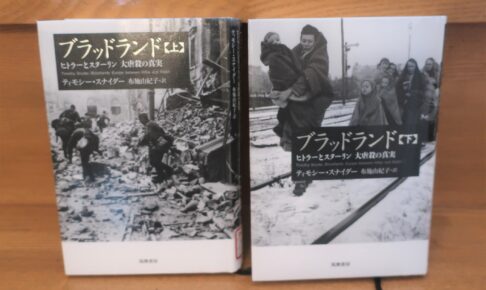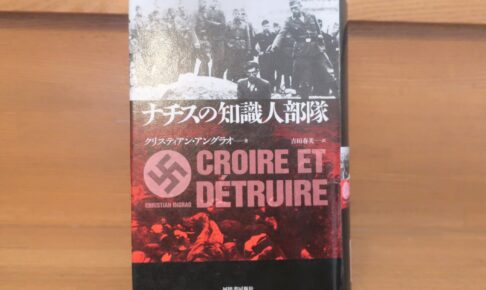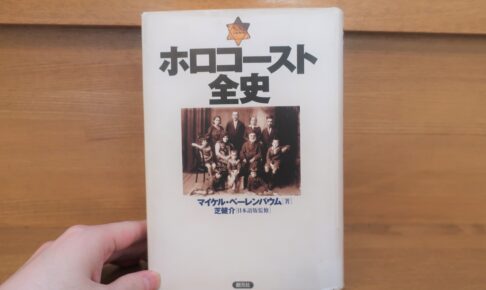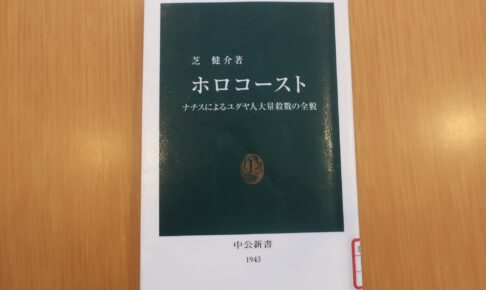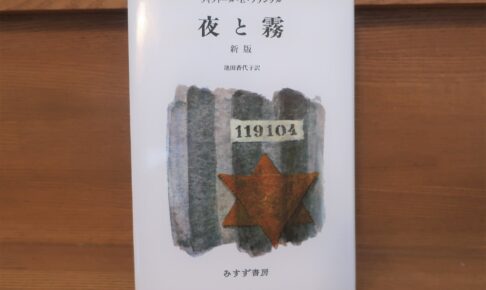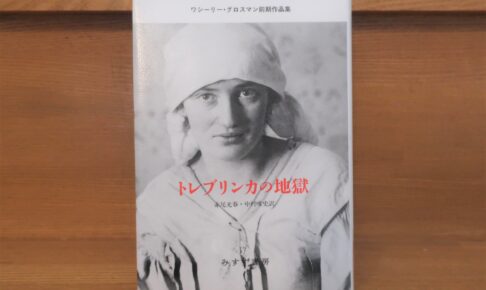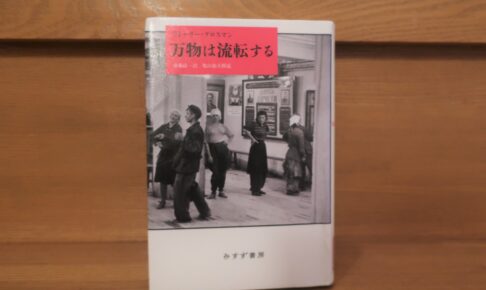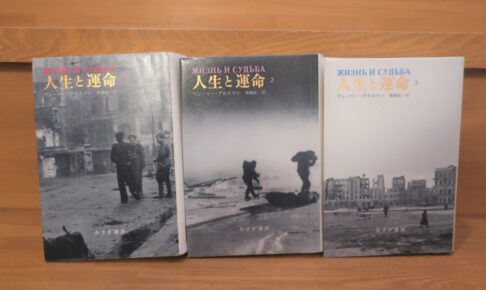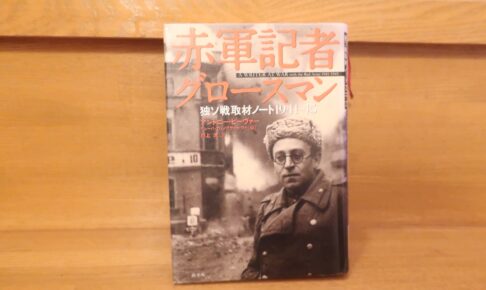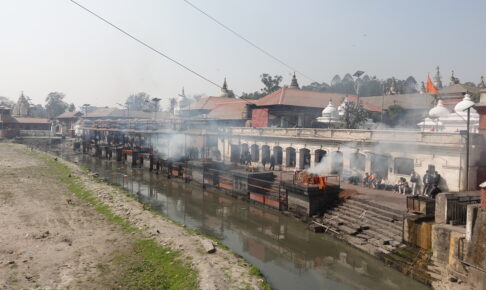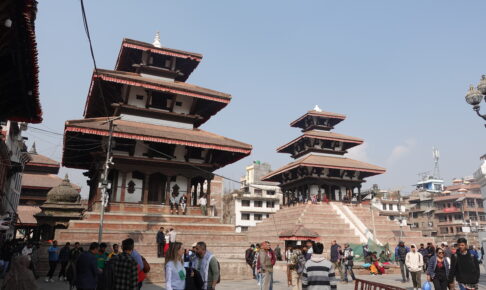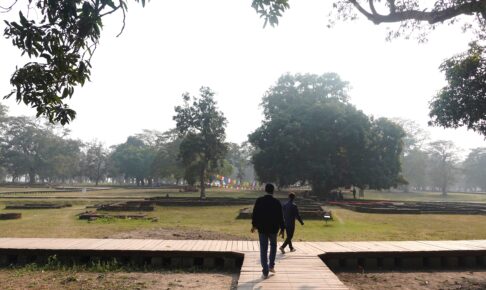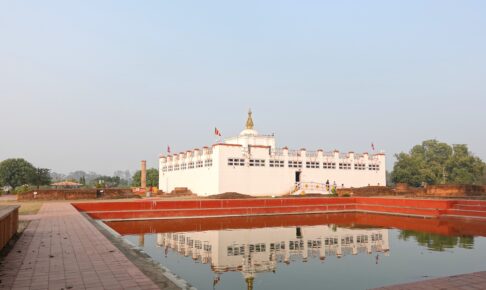(1) 14 million victims of the massacre by the Nazis and the Soviets - a disaster of the Soviet-German war that was so enormous.
In Bloodland: The Truth About Hitler and Stalin's Genocide, we will reveal that the tragedy of the genocide that occurred during the German-Soviet War was made more tragic by the interrelationship between the Nazis and the Soviet Union. Although Nazi atrocities alone tend to be highlighted in world history, they do not provide a complete picture of Nazi actions.
The book is unique in that it looks at the reality of the Holocaust from the larger perspective of the Nazis and the Soviet Union.
The great thing about this book is that it doesn't simply dismiss it as "the Nazis were abnormal, cruel, and bad people," but instead looks at the bigger picture and why humans did what they did.












